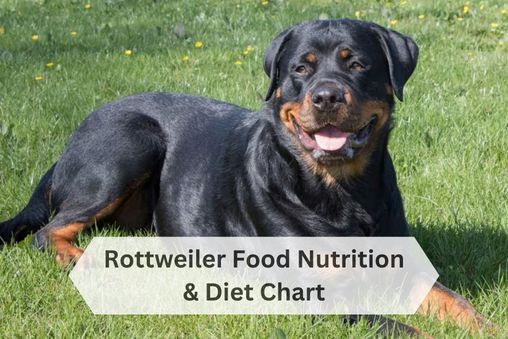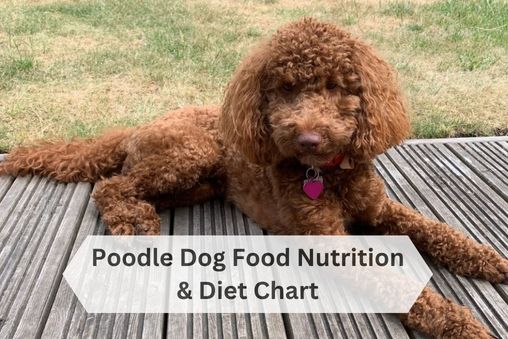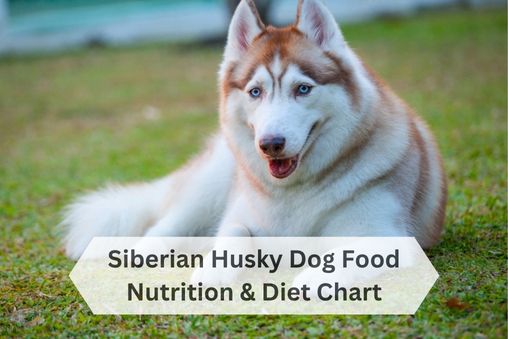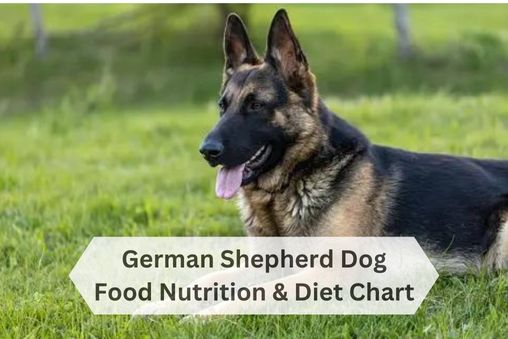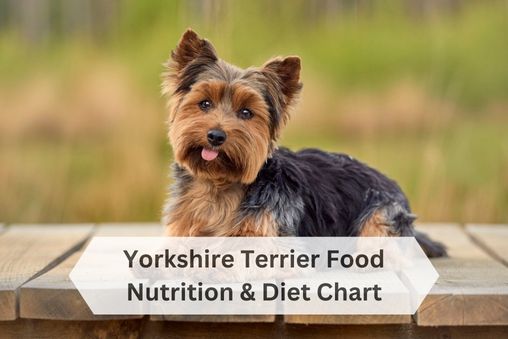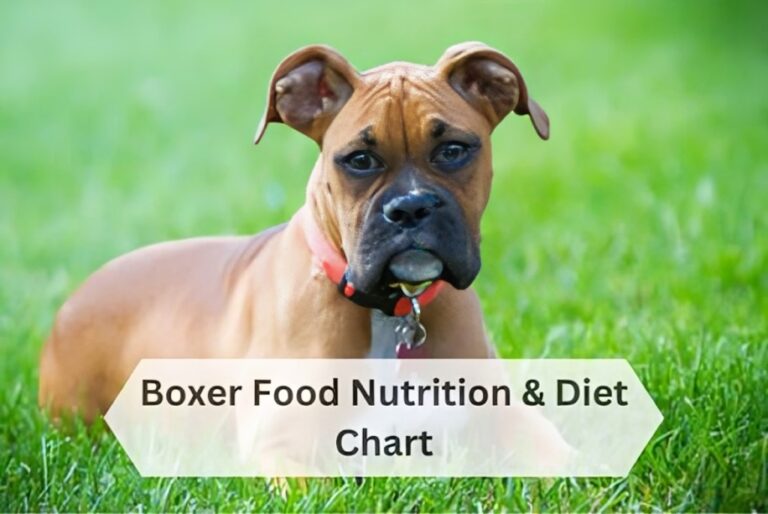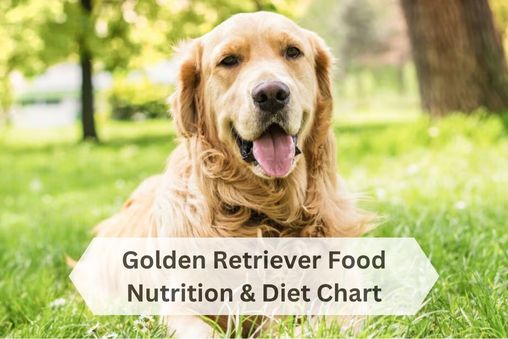Nutritional Needs of Rottweilers
Rottweilers, like all dogs, require a balanced diet to maintain their health and well-being. Providing the right nutrients in the right amounts is essential for their overall growth and development. Here are some key nutritional needs of Rottweilers:
Protein Requirements
Protein is a crucial component of a Rottweiler’s diet as it helps in muscle development and repair. Rottweilers are active dogs with high energy levels, so they need a diet that is rich in high-quality protein sources such as chicken, beef, and fish. It is recommended that Rottweilers should have a diet consisting of at least 25-30% protein to support their active lifestyle.
Fat and Carbohydrate Needs
Fats are another important part of a Rottweiler’s diet as they provide energy and help in the absorption of fat-soluble vitamins. Rottweilers should have a diet containing around 10-15% fat, with sources like fish oil and flaxseed oil being beneficial for their skin and coat health. Carbohydrates are also essential for providing energy, and Rottweilers can benefit from complex carbohydrates like brown rice and sweet potatoes.
Vitamins and Minerals
Vitamins and minerals play a crucial role in maintaining a Rottweiler’s overall health. They help in various bodily functions such as immune system support, bone health, and digestion. Some important vitamins for Rottweilers include Vitamin A, Vitamin D, and Vitamin E, while minerals like calcium, phosphorus, and zinc are also essential for their well-being. It is important to ensure that a Rottweiler’s diet is balanced and provides all the necessary vitamins and minerals to meet their nutritional needs.
Choosing the Right Dog Food for Rottweilers
When it comes to selecting the ideal dog food for your Rottweiler, understanding their distinct dietary requirements is paramount. Rottweilers, being a sizable and dynamic breed, necessitate a diet rich in protein and fat to sustain their energy levels. Opt for dog foods tailored explicitly for large breeds or active dogs to guarantee that your Rottweiler receives the essential nutrients they require.
To further assist in meeting your Rottweiler’s nutritional needs, consider implementing a diet chart. This chart can outline recommended portions of protein sources such as lean meats, fish, and eggs, along with appropriate carbohydrate and fat sources. It’s essential to consult with your veterinarian to devise a tailored diet plan suited to your Rottweiler’s age, weight, activity level, and any specific health concerns they may have.
By adhering to a well-structured diet chart and selecting high-quality dog food designed for large breeds or active dogs, you can ensure that your Rottweiler maintains optimal health and vitality throughout their life.
Understanding Dog Food Labels
Reading dog food labels can be overwhelming, but it’s important to understand what you’re feeding your Rottweiler. Look for dog foods that list a high-quality source of protein, such as chicken or beef, as the first ingredient. Avoid dog foods that contain fillers or by-products, as these may not provide the nutrients your Rottweiler needs. Additionally, look for dog foods that are AAFCO approved to ensure that they meet the necessary nutritional standards.
Avoiding Common Allergens
Rottweilers can be prone to food allergies, so it’s important to avoid common allergens in their diet. Some common allergens for dogs include wheat, soy, and corn. Consider feeding your Rottweiler a grain-free diet to help prevent any potential allergic reactions. If you suspect that your Rottweiler has a food allergy, consult with your veterinarian to determine the best course of action.
Considerations for Senior Rottweilers
As Rottweilers age, their nutritional needs may change. Senior Rottweilers may require a diet that is lower in calories to prevent weight gain and easier on their aging joints. Look for dog foods that are specifically formulated for senior dogs, as these may contain supplements such as glucosamine and chondroitin to support joint health. Additionally, consider feeding your senior Rottweiler smaller, more frequent meals to prevent digestive issues.
Creating a Balanced Diet Plan
When it comes to feeding your Rottweiler, it’s important to ensure they are getting a balanced diet that meets all of their nutritional needs. A balanced diet plan for a Rottweiler should consist of a mix of high-quality proteins, healthy fats, carbohydrates, vitamins, and minerals.
Recommended Daily Portions
The recommended daily portions for a Rottweiler will vary based on their age, weight, activity level, and overall health. As a general guideline, adult Rottweilers should be fed around 2-3% of their body weight in food per day. This can be split into two meals to help prevent bloating and aid in digestion.
Meal Frequency
Rottweilers typically do well with two meals per day, but some may do better with three smaller meals. It’s important to monitor your dog’s weight and adjust their meal frequency accordingly. Avoid feeding your Rottweiler right before or after vigorous exercise to prevent bloat.
Supplement Options
While a balanced diet should provide all of the necessary nutrients for your Rottweiler, there are some supplements that can be beneficial. Omega-3 fatty acids can help support your dog’s skin and coat health, while glucosamine and chondroitin can aid in joint health, especially as your Rottweiler ages. Be sure to consult with your veterinarian before adding any supplements to your dog’s diet.
| Meal Time | Food | Portion | Nutrition (per serving) | Calories (per serving) |
|---|---|---|---|---|
| Morning | ||||
| Breakfast | High-quality large breed dry kibble | 2 cups | Protein: 30g, Fat: 15g, Carbs: 40g | 500 |
| Cooked lean beef or chicken (boneless) | 1 cup | Protein: 50g, Fat: 20g | 400 | |
| Steamed sweet potatoes or brown rice | 1/2 cup | Carbs: 30g, Fiber: 5g | 200 | |
| Afternoon | ||||
| Midday Snack | Sliced apples or carrots | Large handful | Fiber: 4g, Vitamin A: 5000 IU | 50 |
| Cottage cheese or plain yogurt | 1/2 cup | Protein: 10g, Calcium: 150mg | 100 | |
| Evening | ||||
| Dinner | Cooked salmon or turkey | 8 oz | Protein: 60g, Fat: 25g | 600 |
| Quinoa or barley | 1 cup | Carbs: 45g, Fiber: 8g | 250 | |
| Steamed broccoli or green beans | As desired | Fiber: 5g, Vitamins: A, C | 50 | |
| Bedtime | ||||
| Late Snack | Pumpkin or carrot puree | Small serving | Fiber: 3g, Vitamin A: 2000 IU | 50 |
| Natural almond butter (unsalted) | 1 tablespoon | Protein: 3g, Healthy fats: 5g | 50 |
Ensuring that your Rottweiler is getting the proper nutrition is essential for their overall health and well-being. By following a diet chart that includes approved dog food options tailored to their specific needs, you can help your Rottweiler maintain a healthy weight, strong muscles, and a shiny coat.

